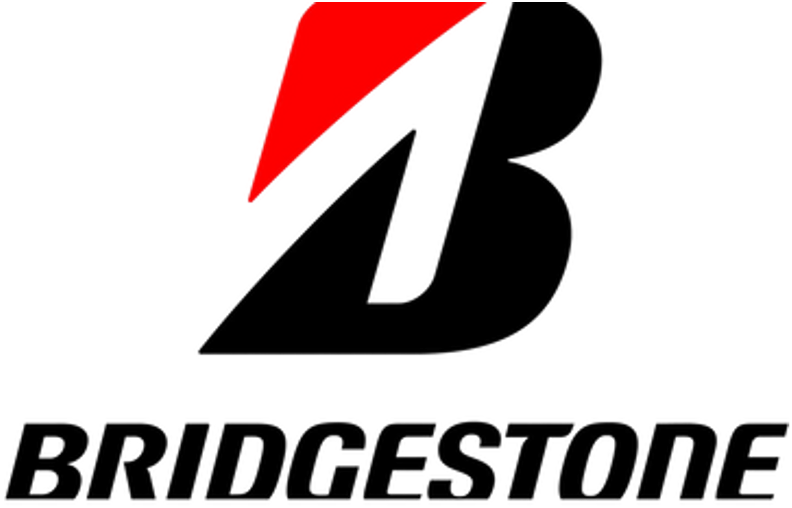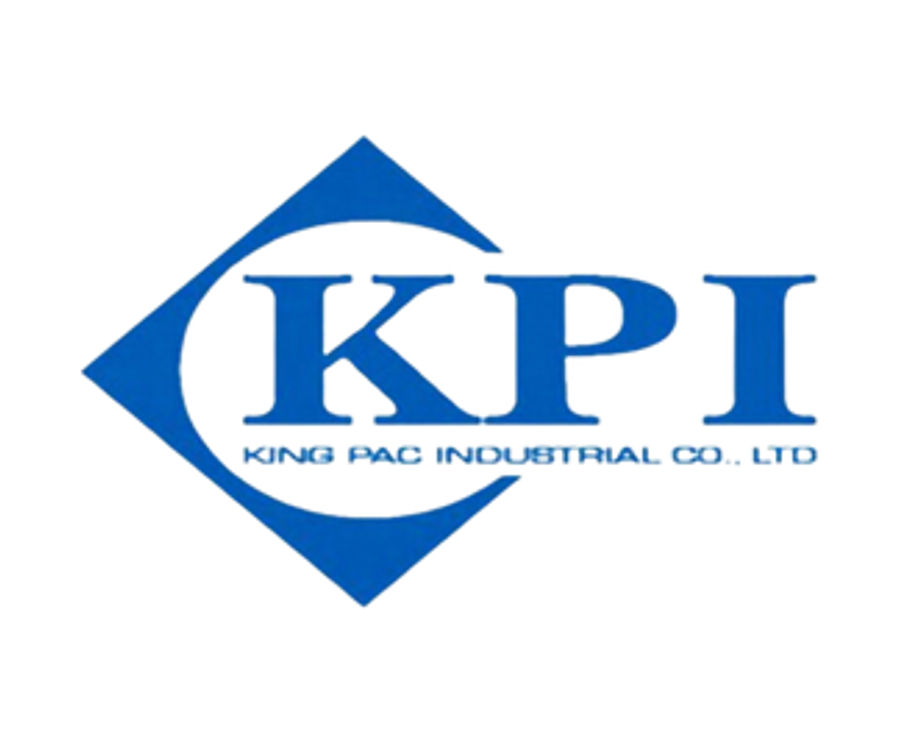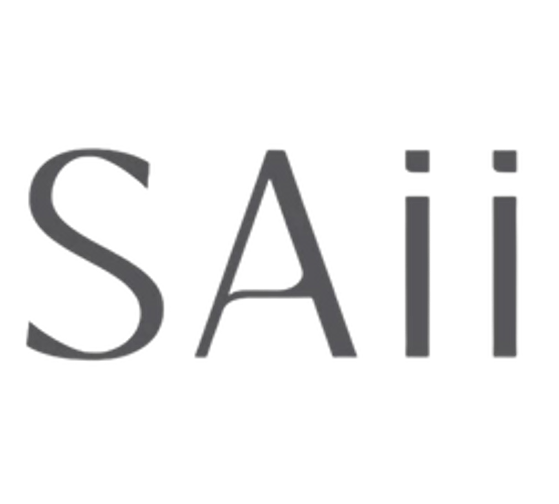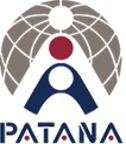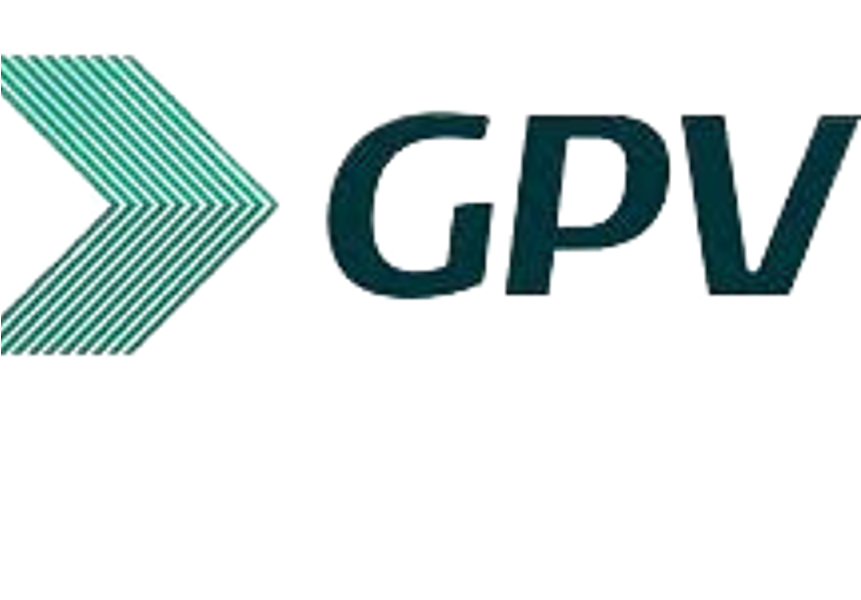The manufacturing industry is now one of the most frequently hacked industries, coming second only to healthcare, according to IBM’s Cyber Security Intelligence Index. The vulnerability often lies in businesses believing that they’re not likely targets because they don’t hold vast amounts of consumer data and therefore, they don’t concentrate on cybersecurity
Manufacturing is a prime target for cyber-attacks
While different manufacturing industries are considered separate and distinct from each other, they can be highly dependent on the transfer of confidential data between them. Therefore, a loss of data in one industry could have serious repercussions in the other. for a number of reasons. A relatively low amount of cybersecurity data exists within this industry, yet manufacturing companies are still the top target for hackers. Moreover, the manufacturing industry is a large, global, and continuously evolving area of business. The manufacturing industry relies heavily on data to optimize its processes and to improve its efficiency. The most commonly targeted industries are highly regulated, such as financial services, government services, telecommunications, and transportation. The lack of cybersecurity data and concerns regarding regulation keep manufacturing firms flying under the radar. Furthermore, many manufacturing firms are still reliant on manual security processes to manage cybersecurity delaying updating the protection to software security solutions.
Recent Data Breaches
At first glance, manufacturing may seem like an unlikely target for cyberattacks, but many businesses run into issues if they don’t pay attention to their security as it pertains to their customer’s privacy. A massive data breach could lead to a huge loss in both revenue and reputation, and a significant drop in the company’s global footprint. Take France for example A blow for the eco-responsible shoe brand popular with celebrities like Meghan Markle and President Emmanuel Macron. Veja was the victim of a hack on his website on Monday, April 26, 2021, and the cybercriminal took the opportunity to seize the customer database of the company founded in 2004. The computer file contains the e-mail addresses of the customers who have purchased online or signed up to receive Veja news. Nashville-based Smile Direct Club (SDC) rebounded from a tough, pandemic-driven 2020 and posted a strong first quarter this year. Yesterday the company warned its second-quarter results may take a substantial hit due to a recent cyberattack. According to a breach notification filed with the Securities and Exchange Commission, SDC “experienced a systems outage that was caused by a cybersecurity incident on April 14, 2021.” And as the technology industry continues to advance, the costs of cyber-attacks are only likely to rise.
Hacking techniques to watch out for
In the manufacturing industry, hackers focus on gaining access to critical information from companies and factories, which they then use to make money or more effective hacks. As threats get more sophisticated, security solutions have to adapt to keep up.
Primary security threats include:
Email phishing scams – These emails include convincing messages, such as those promising large sums of money or access to a hidden account, that might end up being phishing scams. In a cyber-attack, the criminals might spread malware to the person’s computer in an effort to gain access to personal and financial information.
Virus threats – Any type of virus could be dangerous, as it could damage data, prevent the use of machines or servers and damage the system. Often, a factory will be infected with its not all doom and gloom, though. Within the world of cybersecurity, data breaches aren’t always as obvious and visible as leaks of credit card information online. The most common type of hacking is in the form of ransomware, which involves a malicious hacker or group of hackers who infect a company’s database. Once this happens, the hacker or group demand money for their work to be completed or they will withhold the data and hold it for ransom, before releasing it when the money is paid.
The solution: The most effective way of preventing a ransomware attack is through proper authentication and data privacy data access framework. If the information, applications and files have access permissions based on the employee role or principle of least permissions this will limit attacks from becoming widespread on the company network.
Cybersecurity Threats Manufacturers Face
Because cybersecurity threats target networks and systems, the types of attacks a manufacturer faces will also differ depending on the nature of the company. Individual employees can potentially cause damage if a hacker convinces them to compromise data via a phishing attack. Furthermore, employees are not the only individuals with access to sensitive data. Organizations can often conduct internal investigations and audits on the wider network, which could lead to security breaches. Therefore, corporate data should never be stored in a location that is not protected. Furthermore, manufacturing companies often have to share critical information with the public, such as pricing and order information. Hackers can leverage this data to gain access to individual, and potentially wholesale, customers.
The benefits of cybersecurity
To improve security, they need to focus on the creation of multiple layers of defence to identify and isolate suspicious activity, eliminate device vulnerabilities, continuously monitor for attacks, and implement strong encryption. Cisco estimates that organisations can cut $400,000 to $2 million in costs per year by identifying a network attack from “zero-day” to prevent a crisis, plus finding, and fixing the root cause. By maintaining a well-protected network environment, their data and devices are safe, which is a huge advantage compared to businesses that don’t have this kind of protection in place. Regulations are on the way too, like the Thailand PDPA set to be finally enacted on June 1 2022. Planning your cybersecurity strategy now can enable manufacturers to be ahead of the curve.
Conclusion
Businesses understand the value of a strong cybersecurity and data privacy strategy, but the effectiveness of this strategy often varies. It’s good to see that most business leaders recognize the threat that hackers can pose and are keen to tackle the issue head, the lack of internal expertise often delays the initiative. Instructing a suitable external partner can accelerate the improvements needed whilst the company concentrates on its manufacturing output. As the Thailand PDPA Regulation comes into force in 2022, there is an urgent need to improve cybersecurity and data privacy across the board. Whether you’re a digital company or a traditional one, you need to make sure that you’re safeguarding the data your business relies upon. A thorough data Privacy gap analysis is an ideal place to start.








